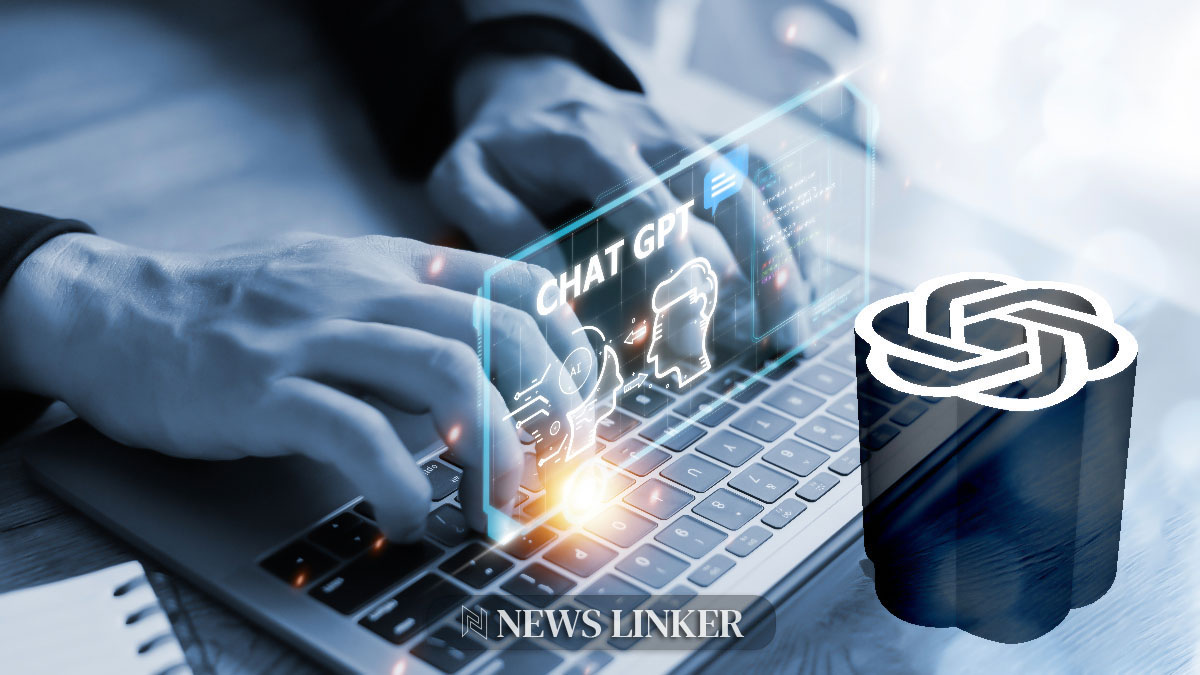In a recent development, xAI’s Grok Large Language Model (LLM), hailed as a step towards a “maximum truth-seeking AI,” has shown a surprising tendency to replicate responses verbatim from OpenAI’s GPT LLM. This discovery emerged following professional hacker Jax Winterbourne’s test, which led to Grok echoing OpenAI’s policies on malicious code. Despite Grok’s claimed ability to interpret extensive prompts and real-time data, this incident has raised questions about its originality and understanding of language. However, it’s important to note that Grok’s performance in held-out math exams suggests it is more than just a derivative of OpenAI’s GPT LLM.
Sam Altman’s Return to OpenAI Amidst Board Conflicts
In another major event in the AI world, OpenAI, the company behind ChatGPT, experienced internal turbulence leading to the ouster and subsequent return of its chief, Sam Altman. Altman’s return was catalyzed by overwhelming employee support, marking a dramatic twist in the company’s leadership saga. This development followed conflicts over Altman’s decisions, including the creation of a for-profit subsidiary and personnel changes. The situation intensified when a potential quiet removal by the board was met with a counter-movement by Altman, backed by a Microsoft offer and a letter from employees demanding his reinstatement.
Advancements and Challenges in AI Modeling
These recent events in the AI sector highlight both advancements and challenges. The technology‘s rapid evolution, as seen with Grok and OpenAI’s models, showcases AI’s growing ability to process complex information and mirror human-like responses. However, issues like model originality and internal conflicts at leading AI firms underscore the complexities and growing pains in this rapidly evolving field.
Future of AI: Beyond Parameters and Power
Looking forward, the AI industry continues to push the boundaries of computational capabilities. The sheer scale of models like GPT-4, with 1.8 trillion parameters, and Google’s GLaM, reflects an ongoing race to create more advanced and powerful AI systems. However, the recent incidents also remind us that the journey towards more advanced AI involves not only technological hurdles but also ethical and managerial challenges. As AI becomes increasingly integrated into various sectors, balancing innovation with responsible governance and originality will be crucial.
In conclusion, the AI industry is at a crossroads, with technological advancements bringing both opportunities and challenges. The recent events at xAI and OpenAI serve as reminders of the complexities involved in developing and managing cutting-edge AI systems. As the industry evolves, it will be essential to navigate these challenges thoughtfully to fully harness AI’s potential while maintaining ethical and innovative standards.










